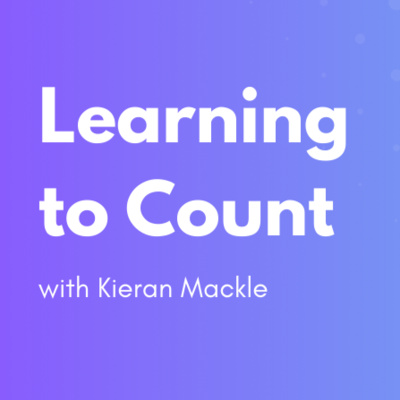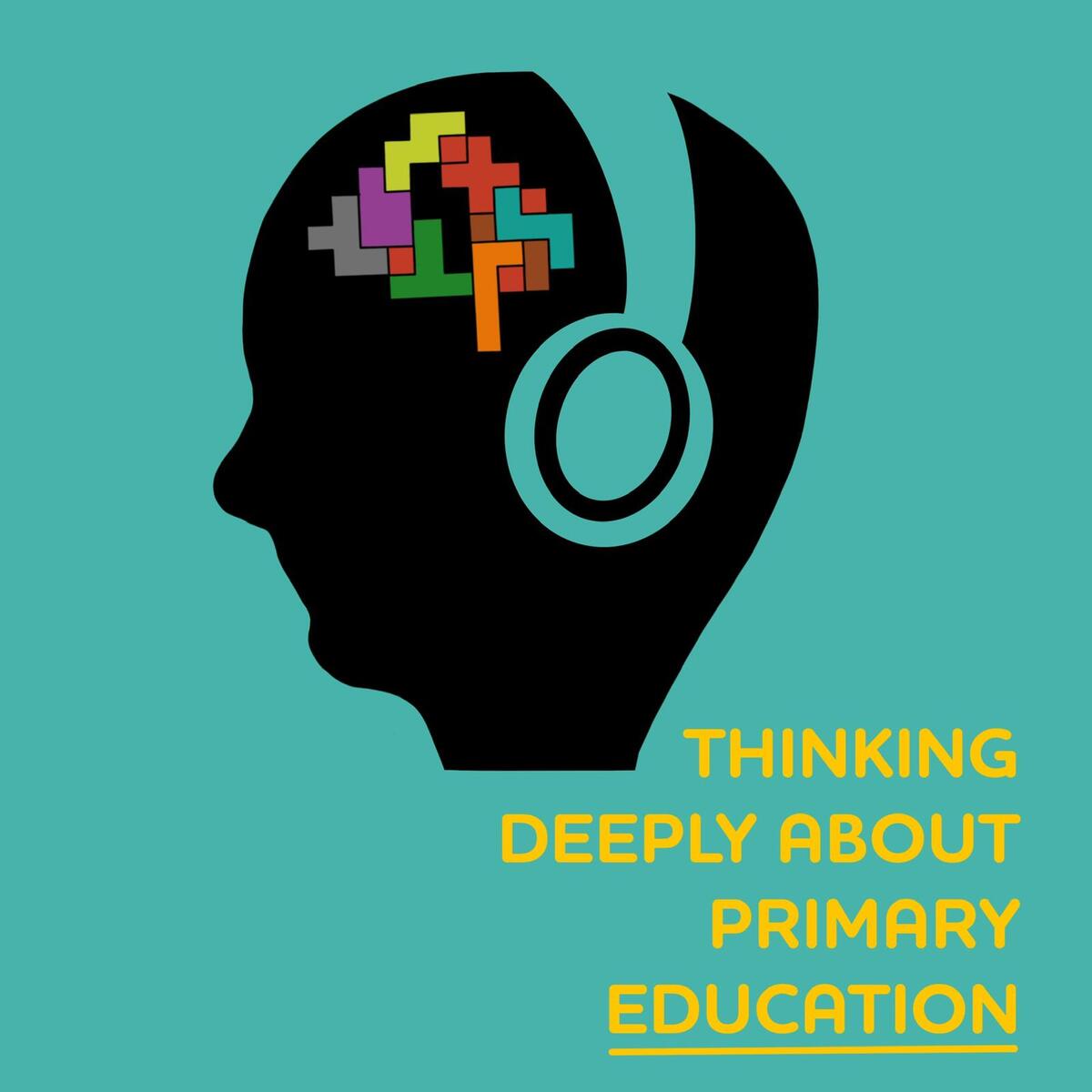
It’s the Thought that Counts: Why Learning to Count Is More Complex Than You Think
Good Morning!
Counting looks simple from the outside, yet many students can chant numbers without really understanding quantity. In this live(ish) TDaPE session, I dig into the complexity of counting, from discrimination and subitising to one-to-one correspondence, cardinality and abstraction. Using research and classroom examples, I try to show how layout, language and task design shape students’ understanding, and why counting deserves far more attention in curriculum and professional development planning.
Let me know what you think.
A link to wherever you get your podcasts…
YouTube Audio
Recommendations
The discrimination of visual number - Kaufmann, Lord, Rees, and Volkmann
Subitizing: An analysis of its component processes - Mandler and Shebo
Subitizing: The neglected quantifier - Clements and Sarama
The child’s conception of number - Piaget
Early Predictors for Basic Numerical and Magnitude Competencies in Preschool Children—Are They the Same or Different regarding Specific Subgroups? - Gellman and Gallistel
Slides
TDaPE Conference London 2026
The speaker window for TDaPE Conference London 2026 has just closed and we have a stellar line up of new and familiar voices in store for delegates. Tickets are now available here and group discounts are available for large groups via email or direct message. The conference is already shaping up to be more popular than last year, so don’t waste any time in picking up your tickets.
Listening Certificates
If you are listening in a jurisdiction with mandatory PD hours, certificates are available for listening to TDaPE episodes. For every form completed (click here) we’ll send a certificate to acknowledge your commitment to your continued professional development.
Thank you to everyone who shared last week’s episode. Your support genuinely makes a difference and helps more teachers join the conversation. If you know someone who enjoys thinking deeply about their professional development, please do pass the link their way.
That’s it for this week. I’d love to hear your thoughts or questions — drop a comment wherever you listen, or just hit reply to this email.
Until next time, thanks for listening.



